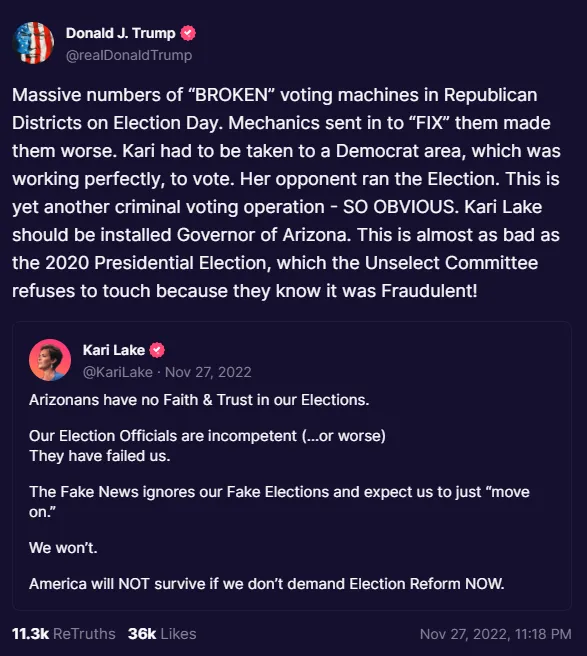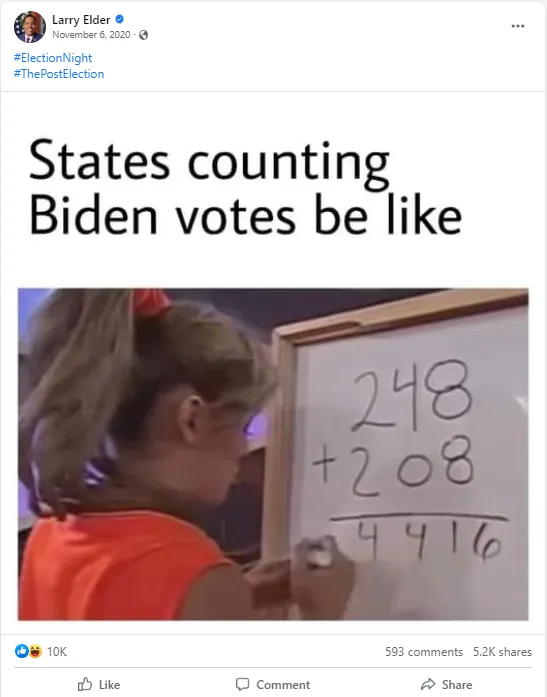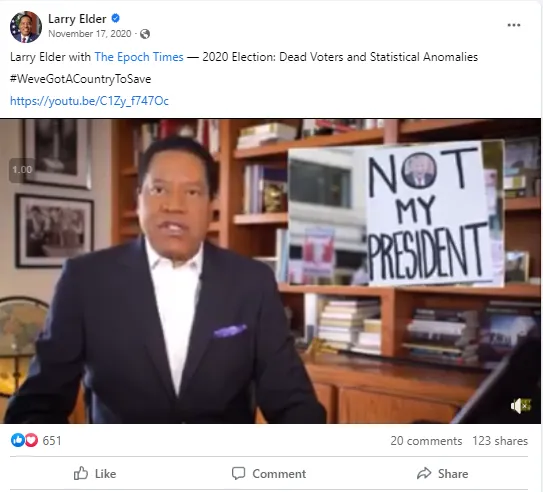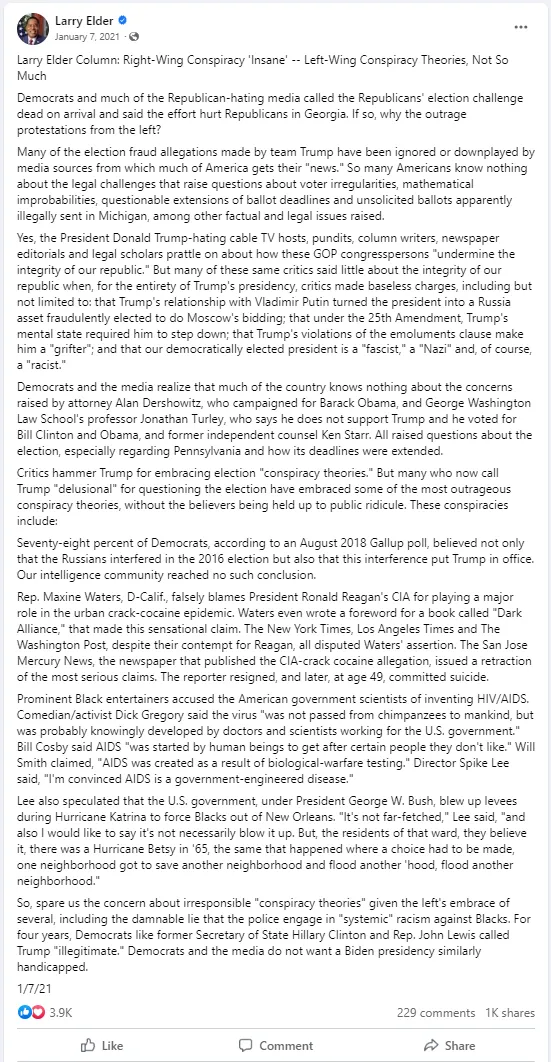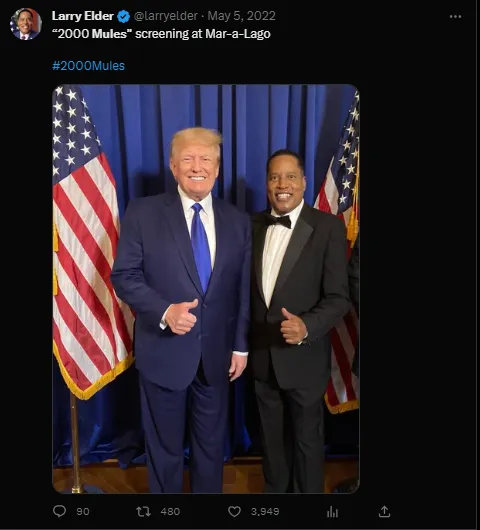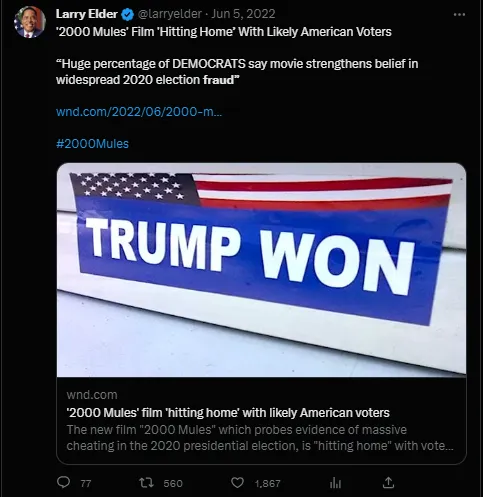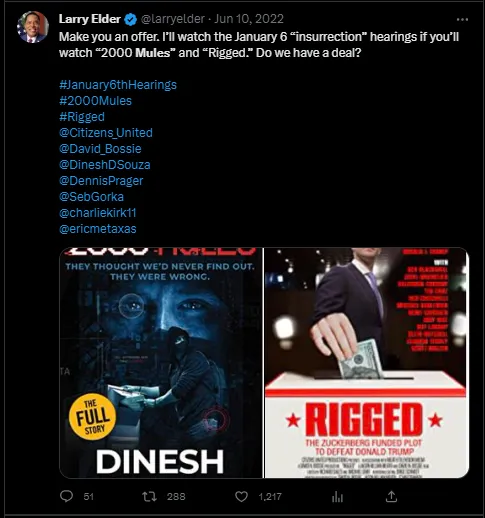Election Denial in the 2024 Presidential Race
2 Election Deniers, Donald Trump and JD Vance, have won the presidency and vice presidency.
The State of the Race
In our decentralized American system, Presidents don’t oversee elections. That power falls to the states. Yet Presidents make decisions every day that can strengthen or weaken American democracy.
They have a say in the federal budget, which includes funding for election administration and security. They sign or veto legislation that protects the civil rights of voters and determines some federal election procedures. Presidents appoint federal judges, who hear cases about fair representation and access to the ballot box. They also appoint federal officials—such as the Attorney General and the head of the Justice Department’s Civil Rights Division—who oversee enforcement of the Voting Rights Act and the Civil Rights Act.
In addition, Presidents have the ultimate public platform. They can use it as a bullhorn for democracy—upholding our cherished traditions, celebrating our election officials and election workers, defending the will of the people. Or, as we saw unfold in 2020, they can use that platform to promote election lies, tear at the foundations of our elections, and foment political violence. Every current and future President—and presidential candidate—will play a critical role in shaping public trust in elections and defining how the American people (and the world) see our democracy.
Vice Presidents have a powerful platform of their own to uplift our democracy. They also preside over the joint session of Congress that opens and counts electoral votes after each Presidential election. (This power is strictly ministerial. Vice Presidents do not have the authority to accept or reject electors.) And Vice Presidents cast tie-breaking votes in the Senate, including on the nominations of federal judges who may hear election cases.
The 2024 election offers a stark choice between a pro-democracy future and election denial that’s stuck in the past. That difference shows up in races across the country, and it’s especially true in the race at the top of the ballot.
Throughout the campaign, former President Trump has recycled lies about the 2020 election and attacked Republicans who stood up to his plot to steal it. Vice President Harris has vowed to protect the freedom to vote, and she has worked to remove barriers to voting during her time in office.
Turning to the Vice Presidential race, Sen. JD Vance, an Election Denier, has said there was “large-scale” illegal voting in 2020. That is false. He’s also suggested he wouldn’t have certified the election. His opponent, Minnesota Gov. Tim Walz, has strengthened voting protections in his state, including signing a law barring intimidation of voters or poll workers.
An Election Denier has won the presidential race in 2024.
Presidents make decisions every day that can strengthen or weaken American democracy. And they can use their public platform either to tell the truth about elections or to erode trust in them. We’re tracking Election Deniers in the 2024 presidential race.
Read more about Election Denial in America
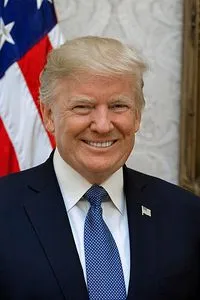
Former President of the United States
-
Falsely claimed former President Trump won the 2020 presidential election instead of the legitimate winner, President Biden.
-
Spread lies or promoted conspiracies about the legitimacy of the 2020 presidential election or subsequent election cycles in public, including in social media, press statements, or comments to the press.
-
Refused to certify, or called on or pressured election officials to refuse to certify, the 2020 presidential election results or a race in subsequent elections based on meritless claims about election fraud, voter fraud, misinformation, or lies.
-
Taken action to undermine the integrity of the 2020 presidential election or subsequent election cycles, including:
Filing or supporting litigation seeking to overturn the results based on conspiracies or baseless legal theories.
Filing or supporting litigation that was sanctioned for being malicious or without merit in the aftermath of an election.
Promoting or participating in a Stop the Steal–sponsored or branded event or rally during or following the 2020 election.
Calling for a “forensic audit” of the 2020 presidential election or a race in subsequent elections after the results were certified, were officially audited, or stood up to multiple legal challenges.
-
Refused to concede a race, or publicly supported a candidate’s refusal to concede a race, after the results were officially audited or stood up to multiple legal challenges.
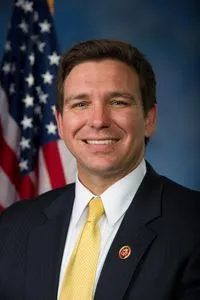
Governor of Florida
-
Taken action to undermine the integrity of the 2020 presidential election or subsequent election cycles, including:
Filing or supporting litigation seeking to overturn the results based on conspiracies or baseless legal theories.
Filing or supporting litigation that was sanctioned for being malicious or without merit in the aftermath of an election.
Promoting or participating in a Stop the Steal–sponsored or branded event or rally during or following the 2020 election.
Calling for a “forensic audit” of the 2020 presidential election or a race in subsequent elections after the results were certified, were officially audited, or stood up to multiple legal challenges.
-
Falsely claimed former President Trump won the 2020 presidential election instead of the legitimate winner, President Biden.
-
Spread lies or promoted conspiracies about the legitimacy of the 2020 presidential election or subsequent election cycles in public, including in social media, press statements, or comments to the press.
-
Refused to certify, or called on or pressured election officials to refuse to certify, the 2020 presidential election results or a race in subsequent elections based on meritless claims about election fraud, voter fraud, misinformation, or lies.
-
Refused to concede a race, or publicly supported a candidate’s refusal to concede a race, after the results were officially audited or stood up to multiple legal challenges.
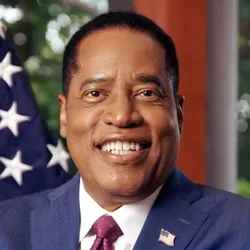
-
Spread lies or promoted conspiracies about the legitimacy of the 2020 presidential election or subsequent election cycles in public, including in social media, press statements, or comments to the press.
-
Falsely claimed former President Trump won the 2020 presidential election instead of the legitimate winner, President Biden.
-
Refused to certify, or called on or pressured election officials to refuse to certify, the 2020 presidential election results or a race in subsequent elections based on meritless claims about election fraud, voter fraud, misinformation, or lies.
-
Taken action to undermine the integrity of the 2020 presidential election or subsequent election cycles, including:
Filing or supporting litigation seeking to overturn the results based on conspiracies or baseless legal theories.
Filing or supporting litigation that was sanctioned for being malicious or without merit in the aftermath of an election.
Promoting or participating in a Stop the Steal–sponsored or branded event or rally during or following the 2020 election.
Calling for a “forensic audit” of the 2020 presidential election or a race in subsequent elections after the results were certified, were officially audited, or stood up to multiple legal challenges.
-
Refused to concede a race, or publicly supported a candidate’s refusal to concede a race, after the results were officially audited or stood up to multiple legal challenges.
An Election Denier has won the vice presidential race in 2024.
Read more about Election Denial in America
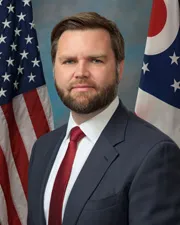
U.S. Senator from Ohio
-
Spread lies or promoted conspiracies about the legitimacy of the 2020 presidential election or subsequent election cycles in public, including in social media, press statements, or comments to the press.
-
Falsely claimed former President Trump won the 2020 presidential election instead of the legitimate winner, President Biden.
-
Refused to certify, or called on or pressured election officials to refuse to certify, the 2020 presidential election results or a race in subsequent elections based on meritless claims about election fraud, voter fraud, misinformation, or lies.
-
Taken action to undermine the integrity of the 2020 presidential election or subsequent election cycles, including:
Filing or supporting litigation seeking to overturn the results based on conspiracies or baseless legal theories.
Filing or supporting litigation that was sanctioned for being malicious or without merit in the aftermath of an election.
Promoting or participating in a Stop the Steal–sponsored or branded event or rally during or following the 2020 election.
Calling for a “forensic audit” of the 2020 presidential election or a race in subsequent elections after the results were certified, were officially audited, or stood up to multiple legal challenges.
-
Refused to concede a race, or publicly supported a candidate’s refusal to concede a race, after the results were officially audited or stood up to multiple legal challenges.
Following the Money
Election denial isn't just a campaign issue, it's a lucrative business. Whether from small-dollar donors or corporate support, Election Denier candidates and their allies are often raising millions of dollars. In fact, one of the reasons these candidates may spread lies about elections is that sensationalism helps with fundraising. Additionally, candidates with big campaign accounts have more resources and opportunities to keep the lies alive. Use this tool to track campaign finance reports from the Federal Election Commission and see how Election Deniers compare with other candidates.
2024 Campaign Fundraising and Spending
$1B
$890M
$66M
$66M
$63M
$62M
$58M
$57M
$30M
$29M
$18M
$18M
$12M
$12M
$7.7M
$7.6M
$7.6M
$7.6M
$6.6M
$6.2M
$5.6M
$5.6M
$3.9M
$830k
$1.8M
$1.8M
$1.6M
$1.6M
$1.5M
$1.5M

